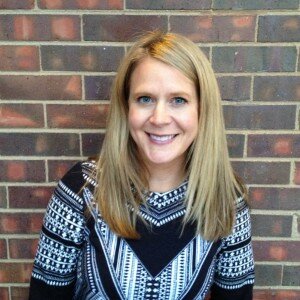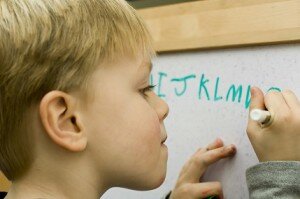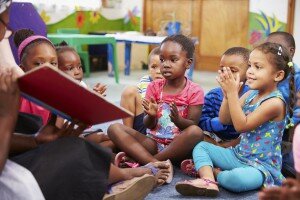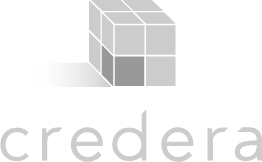As a parent, you might have heard that “school readiness” is required before your young child can enter kindergarten. But what exactly does that mean and why does it matter?
Research shows that students who are ready to learn in kindergarten—the beginning of a child’s formal education—tend to be more successful throughout school and in life after school. Children with lower levels of school readiness in kindergarten tend to lag behind academically throughout their school years and are more likely to exhibit unfavorable behaviors as adults—such as being unemployed and committing crime.
So at its heart, “readiness” is about getting a solid start in school as a base of success for lifelong learning.
In Colorado, students are monitored for readiness before and during kindergarten to ensure teachers know how to meet each child’s individual needs. The state provides an assessment, known as TS GOLD, to monitor student development.
Want more detail on readiness, the test, and why it all matters? We’ve got you covered:
Officially, “readiness” speaks to whether a child is prepared to learn in a formal school setting. In Colorado, the Office of Early Childhood defines school readiness as:
- Physical well‐being and motor development,
- Social and emotional development,
- Language and comprehension development, and
- Cognition and general knowledge.
In everyday terms, school readiness speaks to how well a child can perform activities such as:
- Appropriately interacting with people,
- Speaking and listening,
- Holding a pencil or climbing a jungle gym,
- Singing a song or sorting objects,
- And other similar social, physical, and academic activities.
How readiness is measured
Colorado’s Achievement Plan for Kids (CAP4K) requires all Colorado public schools to complete two major activities around school readiness. For every student in pre-kindergarten and kindergarten classes in Colorado public schools, local schools must:
- Assess (measure) school readiness, and then
- Create an individualized school readiness plan using information from the assessment.
Most Colorado public schools currently measure school readiness with an assessment system called Teaching Strategies GOLD (often referred to as TS GOLD). [1] This assessment happens in the classroom, during school hours, at multiple points throughout the school year. Teachers observe students and collect work the students produce into a portfolio. The system then compares the collected students’ information to show where students’ skills fall in relation to their peers.
How Do Schools Use TS GOLD Assessment Results?
Schools can use TS GOLD assessment information in several ways, in addition to informing students’ individual school readiness plans:
- Teachers can use results to help them teach to individual students’ needs, and for talking with students’ caregivers,
- School administrators can use results to examine class development trends, and train teachers, and
- School districts can use collective assessment results to make decisions about funding allocation for professional development.
According to the Colorado Office of Early Childhood, schools may not use readiness assessment results to deny students’ progression to kindergarten or first grade.
Where and How Are TS GOLD Results Stored?
Teachers enter students’ TS GOLD assessment results (including images of the portfolio items) in a secure web-based system. Local school districts “own” the information, and they can also choose to store supplementary information about students in the TS GOLD system, such as demographic information and notes about parent-teacher communication. The TS GOLD system does not collect student Social Security numbers, phone numbers, or home addresses.
Where Can I Get More Information About Readiness Assessment in Colorado?
- Colorado Office of Early Childhood Kindergarten Readiness
- Colorado Department of Education School Readiness – Kindergarten
- Colorado Department of Education School Readiness and Teaching Strategies GOLD Fact Sheet
[1] TS Gold is the first assessment tool that the state school board approved. The board is reviewing—and may approve—additional assessment systems in the future. A few Colorado school districts and charter schools have received waivers allowing them to use their own school readiness assessment systems.
 Megan Freedman is a freelance writer and researcher, with a special focus on medical and wellness topics. She lives in Denver, Colorado with her husband and three children.
Megan Freedman is a freelance writer and researcher, with a special focus on medical and wellness topics. She lives in Denver, Colorado with her husband and three children.
 |
| 




